Korean Air Completes Asiana Airlines Acquisition After Delays
Korean Air has officially completed the $1.3 billion acquisition of Asiana Airlines, marking a major milestone in the Asia-Pacific aviation industry.
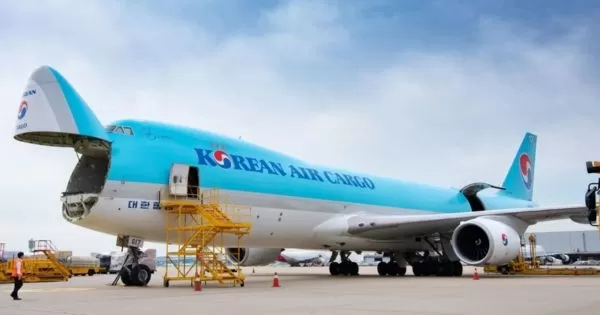
(Source: Korean Air)
Korean Air has officially completed the $1.3 billion acquisition of Asiana Airlines, creating one of the largest airlines in the Asia-Pacific region and leading to the sale of Asiana's cargo business.
On December 12, 2024, Korean Air purchased 131,578,947 newly issued shares of Asiana Airlines, representing 63.88% of the shares, officially turning Asiana Airlines into a subsidiary of Korean Air.
The total investment value for this deal through a third-party capital increase is KRW 1.5 trillion, including a previous deposit of KRW 300 billion and an interim payment of KRW 400 billion.
Korean Air expects to complete the merger with Asiana Airlines within two years and has no plans to cut jobs.
“The integration strategy includes network optimization through diversified flight schedules on overlapping routes, service expansion to new destinations and enhanced safety investments,” Korean Air said.
“The merger aims to strengthen national aviation industry competitiveness, enhance Incheon Airport’s hub capabilities and expand global network reach.”
“The integration will proceed without workforce restructuring. The combined organisation projects natural staff growth through business expansion, with employees in overlapping functions being reassigned within the organisation.”
The acquisition process began in November 2020 but was delayed due to the Covid pandemic and issues in obtaining approval for the deal.
Last month, Korean Air received approval from the European Commission, after the agency had previously objected over concerns that the deal would reduce competition on routes between South Korea and France, Germany, Italy, and Spain.
To get approval, Korean Air had to make a number of concessions, including selling Asiana’s cargo business to Air Incheon.
Korean Air also transferred the rights to operate four routes to Europe to rival low-cost carrier T’way Air.
Air Incheon, founded in 2012, is the only South Korean airline specializing in air cargo. The sale of Asiana’s cargo business includes freighters, flight slots, route rights, crew and related personnel, as well as cargo contracts for customers.
According to data from fleet tracking sites, Asiana's cargo fleet consists of 12 Boeing 747-400Fs and one Boeing 767-300F. Meanwhile, Air Incheon's fleet consists of four Boeing 737-800Fs.
See more:
- IATA: Air cargo volumes forecast to grow 5.8% in 2025
- Air Cargo Takes ‘Wait-and-See’ Approach to US Tariffs and Positive Demand Outlook for 2025
- Global Shipping Market Faces Growing Challenges
- Structure and market share of shipping alliances change in 2025
- ZIM Updates Trans-Pacific Network
- Asia-Europe Rates Rise with December GRIs
- International shipping and logistics market update - Week 49/2024
- Global Container Shipping Industry Profits to Rise 'Hugely' in 2024
- Trump Wins US Presidential Election – 10 Key Questions for Container Shipping
- COSCO schedules: Vietnam - North America in Dec 2024
- SITC updates Vietnam-Intra Asia sailing schedules in Dec 2024
- Pacific Lines updates domestic sailing schedules in Dec 2024
>> Find Freight Rates Here.
>> Find Logistics Companies Here.
Source: Phaata.com (via Air Cargo News)
Phaata.com - Vietnam's First International Logistics Marketplace
► Find Better Freight Rates & Logistics Services!



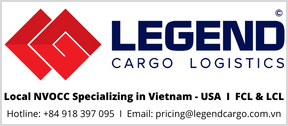
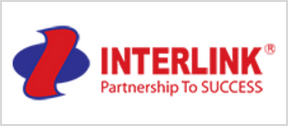

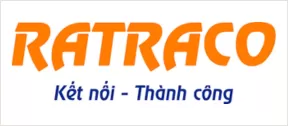

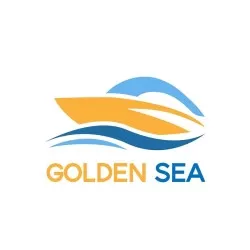

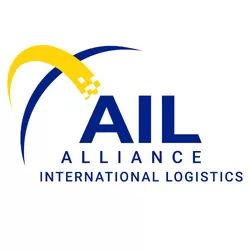
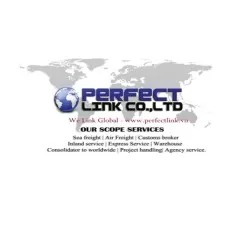
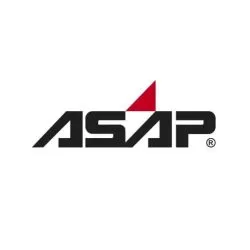
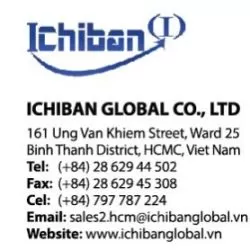

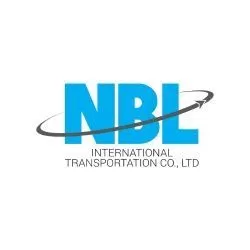

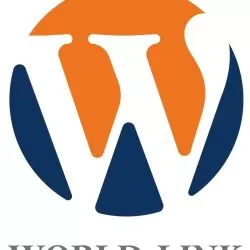


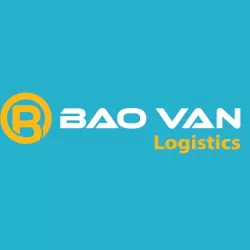


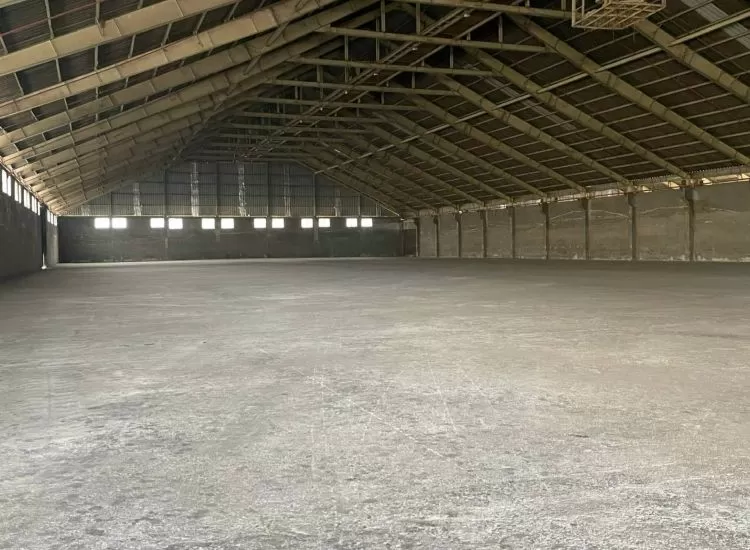
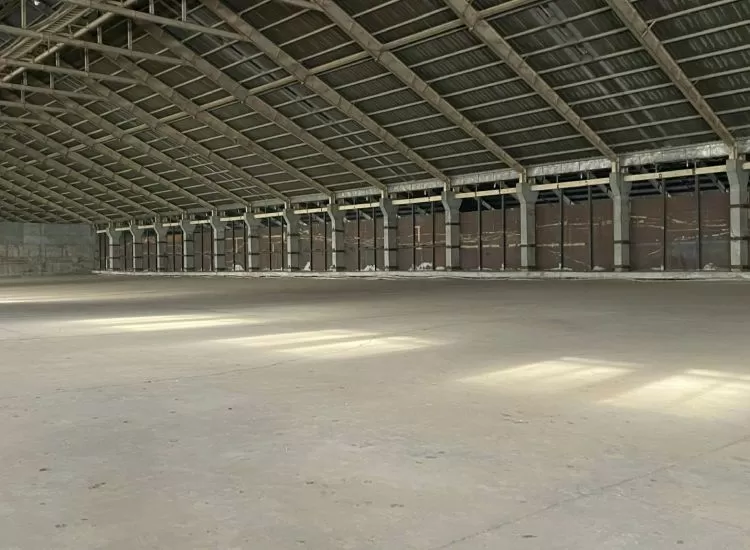

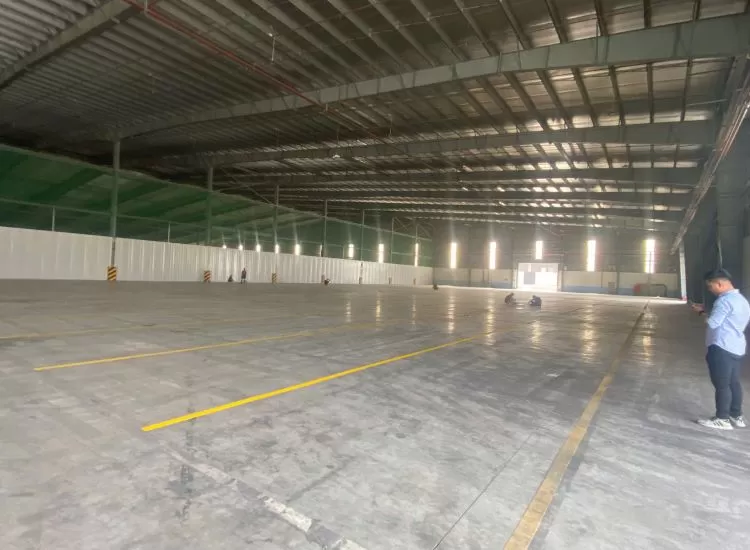

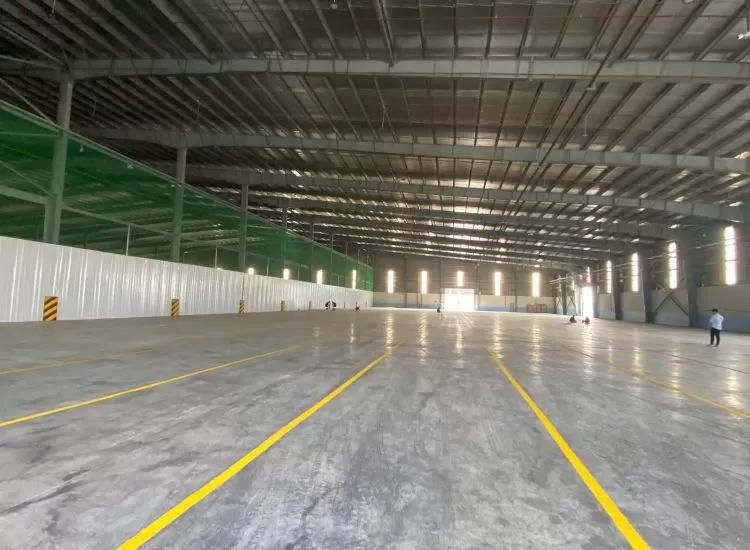
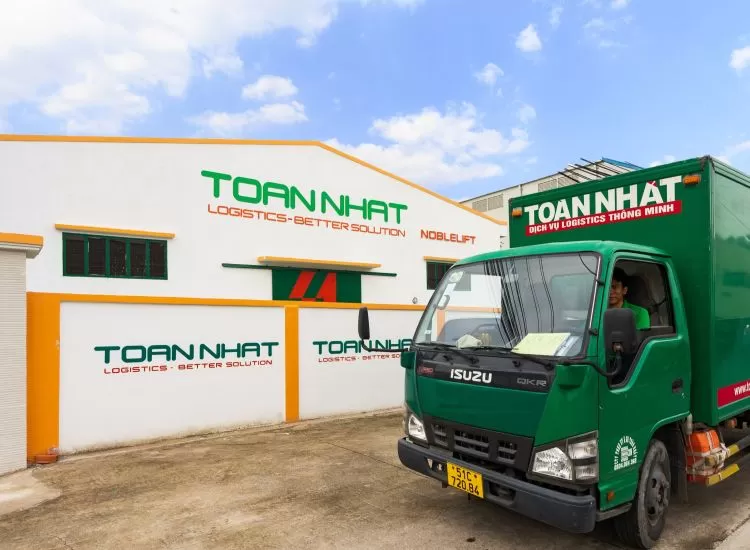
.webp)
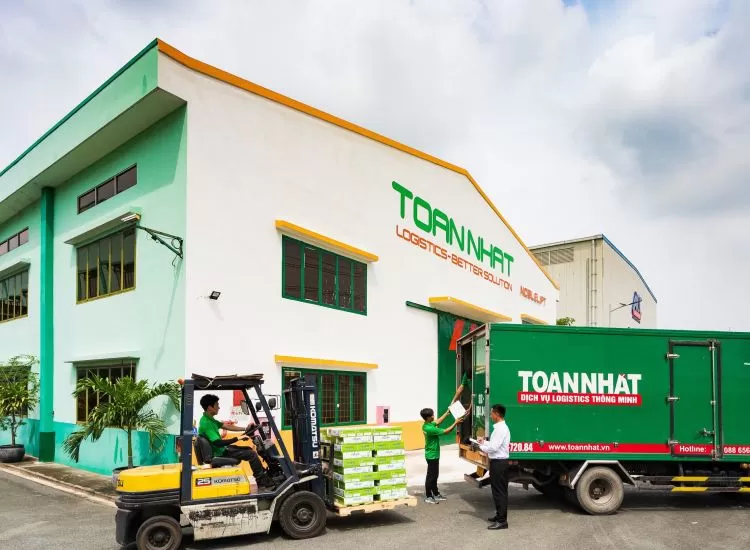
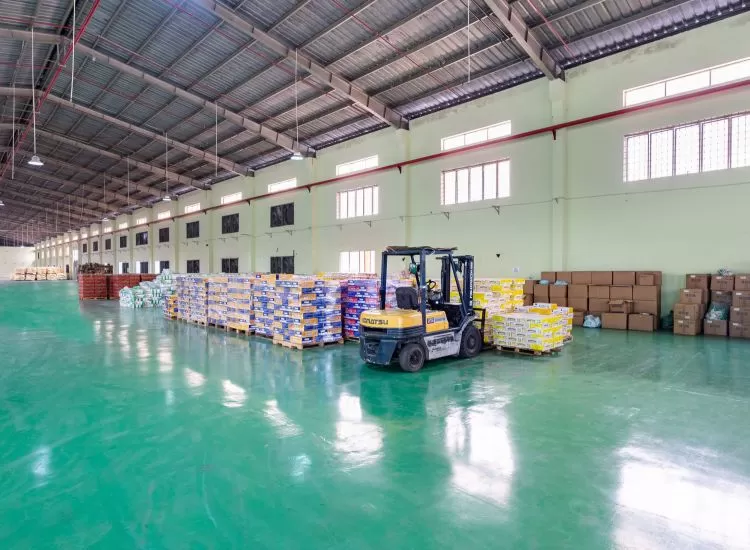
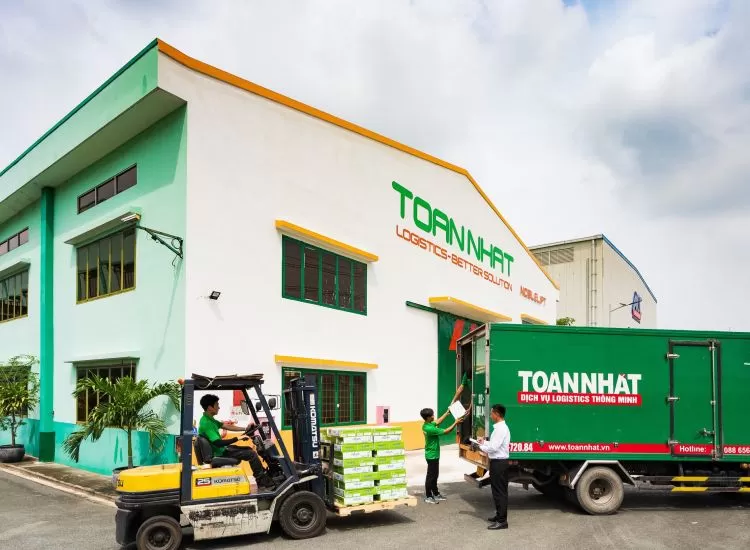
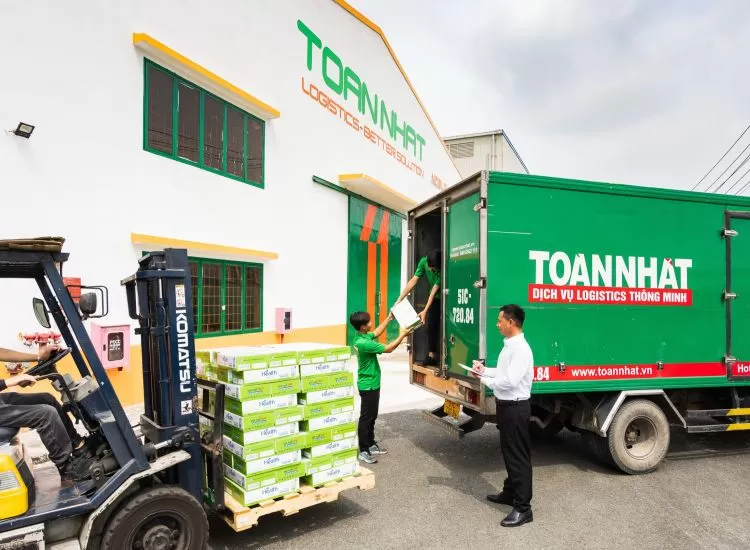



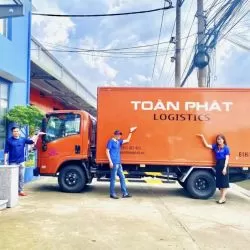
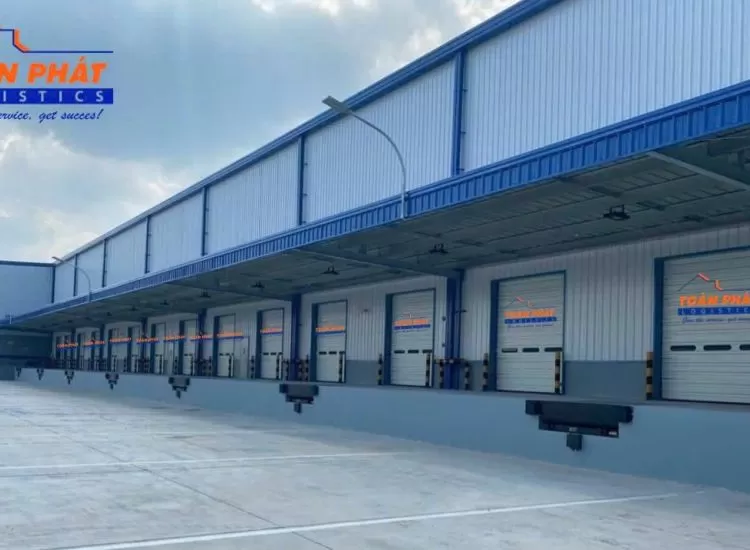
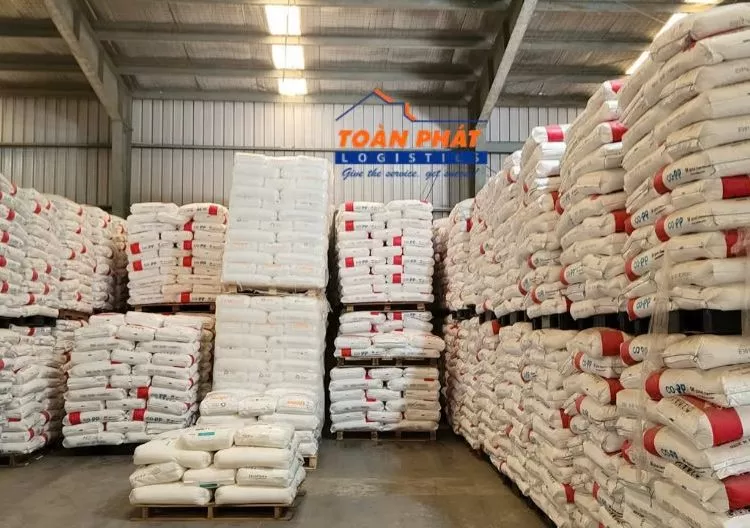
.webp)